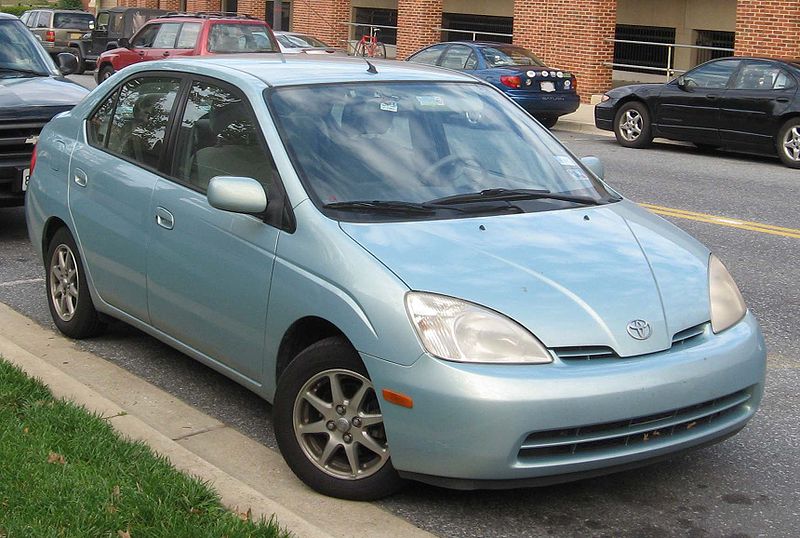Electric Vehicles: If You’re Looking for Harmony and Consensus, Seek Elsewhere


It goes without saying that Bill Moore, editor of EVWorld.com, sees the world differently. To summarize his very thoughtful rebuttal, abandoning the pursuit of EVs is tantamount to “perpetuating the cycle of waste epitomized by the internal combustion engine and our fossil fuel run thermal power plants, both of which throw away 50-85% of the energy they consume.” We need a solution, not a devil’s advocate. Moore concludes by acknowledging that Petersen is a fan of reducing energy waste, and noting:
“So, John, isn’t what we need to be doing is driving that oaken stake through the heart of the status quo instead of through a promising, albeit still immature technology that is seeking to achieve — imperfectly, no doubt — what you yourself are espousing?”
I would point out three things that I see missing or requiring amplification here:
1) “Perpetuating the cycle of waste epitomized by the internal combustion engine and our fossil fuel run thermal power plants” isn’t a good thing, to be sure, but it’s not the worst, either. The true costs of fossil fuels to our society are far higher than most of us imagine. The externalities in terms of war, illness, national security, long-term environmental damage are generally under-counted or ignored altogether — and they’re huge. It’s only a matter of time before we realize the catastrophe we have on our hands, and it’s quite possible that we’ll be too late. Think I’m exaggerating? Go ask the families of the 13,200 Americans who died last year from inhaling the aromatics of coal, or the families whose kids have been killed or dismembered in wars in the Middle East; it’s certainly too late for them.
2) Peak oil is a reality that will cause incredible social chaos and suffering, and the longer we wait the more severe will be the consequences.
3) EVs are imperfect in many different ways, but there are dozens of improvements currently in the R&D phase that have the potential to change all of this. Check out Eos Energy Storage, soon to offer a zinc-air battery solution at $165/kWh. I’m reminded of a conversation I had with lithium-ion battery manufacturer Ener1’s CEO Charles Gassenheimer, in which I asked him about the potential for a lithium shortage. “We didn’t think there was much oil in the ground either – until we started looking for it in the early 20th Century,” he told me. “Unfortunately, we found all the easy stuff — and then we burned it.”
Are we right around the corner from electric Class 8 trucks and aircraft? Of course not. Will we ever get there? Who knows? But it’s clear to me that Nissan-Renault CEO Carlos Ghosn is 100% correct in the assessment he gave the crowd at the Los Angeles Auto Show a couple of years ago: “Electric transportation is the #1 priority in the automotive world right now.”
Of course there are challenges: technological, economic, and political. But this is a game we can’t afford to lose. If I told you that there was a safe that contained the cure for cancer, you could say, “Oh, the combination might be too tough to figure out. Let’s give up.” Or you could say, “Let’s do whatever it takes to get in that safe.” I’d be the latter of the two. How about you?

There is no doubt in my mind that the future of ground transportation will be electric. For EV batteries, my bet is a solid electrolyte battery or solid state battery. Metal-air batteries cannot win the contest. That’s just my opinion, of course.
Bill Moore’s rebuttal is a little disappointing. He doesn’t refute any of the claims Petersen makes about the economics of electric vehicles; he just says that EV foes should propose alternatives. I would hope there are more robust justifications for EV investment than that.